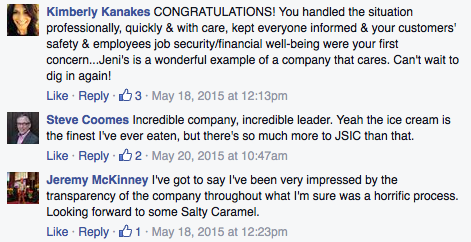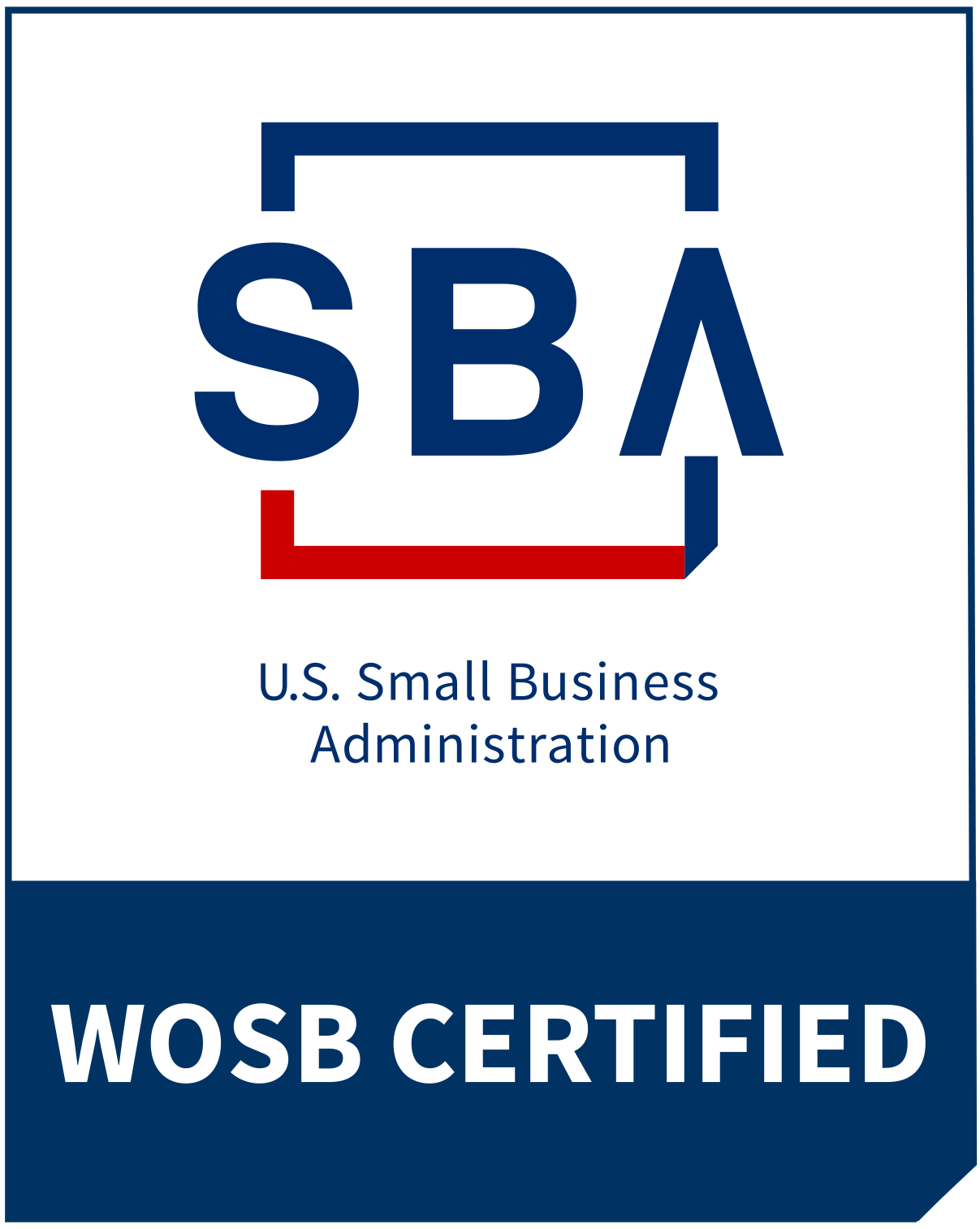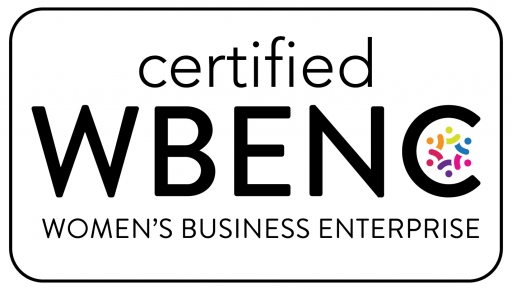We’ve officially entered the “age of transparency.”
In response to consumer demand, more and more companies are jumping on the “honest” bandwagon, pulling back the curtain on everything from their day-to-day operations to lists of employee salaries, in extreme cases (like Buffer famously did last year). In a time when hyper-connected consumers have become savvier than ever, transparency has made the shift from a novelty to a necessity–and brands can either fight it and fall behind, or embrace it and thrive. In recent years, transparency has become especially important for brands that find themselves facing a dip in sales or a major PR fiasco. Here are a few solid in-market examples of how brands can effectively use transparency to get back in the game after taking a hit.
Readily admit mistakes, and be open about the steps being taken to fix them.
When a brand scrambles to hide unfavorable information, consumers can smell it a mile away. Instead of covering its tracks after discovering a Listeria monocytogenes contamination in its production kitchen last year, Columbus, OH-based Jeni’s Splendid Ice Creams chose to own its mistake and get back to business as quickly as possible. The company issued a month-long voluntary product recall, during which it offered regular updates on its website and social media accounts, thoroughly detailing each step of the investigation and the precautions being taken to ensure 100% safety of the product. Jeni’s also set up a communications center at its home office to take phone calls–including during the night and on weekends–to answer questions from concerned consumers. As a result, the brand’s already-loyal fan base became even bigger supporters, as evidenced by the screenshot below of the comments on Jeni’s Facebook post announcing the re-opening of its scoop shops.

Face your flaws and turn them into profit.
When Domino’s was facing 2.5 years of steady sales declines, the company knew it had to make a change. The team spent 18 months re-working its recipe before coming out with its Pizza Turnaround campaign. In this genius marketing effort, the brand called out negative social media posts and real footage from consumer focus groups that pointed out why Domino’s pizza was awful. (“It tastes like cardboard” was the chief complaint.) Domino’s was one of the first consumer brands to call itself out on its shortcomings, and the campaign was a wild success due to the combination of this unique, refreshingly humble positioning combined with the new and improved product; Domino’s was able to increase its same-store sales for Q1 of 2010 by 14.3% year-over-year.
Don’t be afraid to be vulnerable.
When Target faced security breaches in 2014, it received a lot of backlash from consumers and the media, which started a downward spiral that eventually caused the CEO to lose his job. Following that debacle, a employee anonymously detailed all of the problems with Target’s corporate culture and strategic missteps in an email sent to Gawker. Instead of sweeping these ugly accusations under the rug, denying the claims or hunting down the employee in question, Target’s CMO, Jeff Jones, came forward on his LinkedIn blog and very candidly expressed that much of what the letter said was true, stating that the company needed to challenge the status quo to make some much-needed changes. This was a refreshingly thoughtful way for Target to take back the narrative and address the elephant in the room.
Default to transparency all the time; not just in crisis situations.
Although Jeni’s, Domino’s and Target did a fantastic job using transparency as a tool to turn around negative situations, it’s important to note that companies shouldn’t only reserve transparency for those dire times when they need to “bring out the big guns.” Rather, they should make transparency the default strategy in day-to-day operations. In a world where consumers are posting their entire lives online, oftentimes in real time, they now expect the businesses and services they frequent to do the same. Being transparent when things go south is all well and good, but being transparent allthe time builds long-term trust with consumers, which makes them a bit more forgiving when crisis situations do happen.
The Garage Group helps corporates innovate and grow like startups, including generating and developing marketing and commercial strategies around platforms like transparency.
Photo credit: Unsplash user Ashim D’Silva


